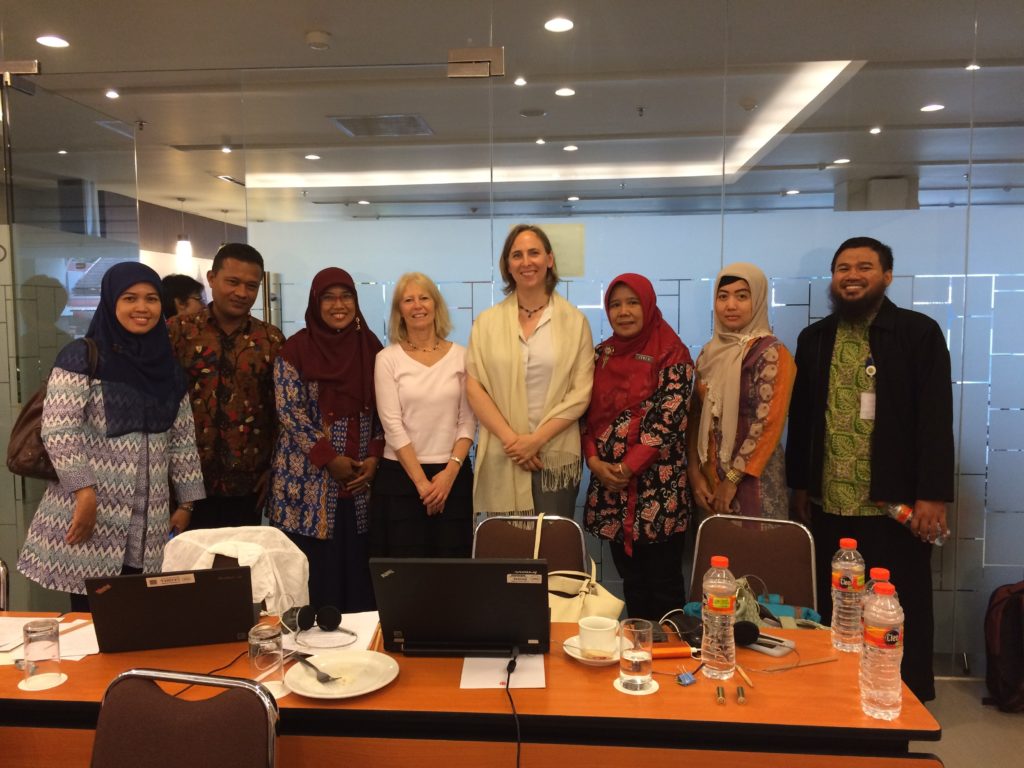Implementation Research for Universal Health Coverage in Indonesia
Categories: Announcements, Health Systems Research

Implementation Research Learning Cycles to Support JKN
As part of its strategy in achieving universal health coverage of over 250 million people by 2019, Indonesia has entered an ambitious roll out of, its own national health insurance scheme known as, Jaminan Kesehatan Nasional (JKN). USAID’s Health Finance and Governance (HFG) project in Indonesia is supporting implementation research to understand the inevitable challenges in carrying out complex health reforms. The study is being conducted in 5 diverse districts across Indonesia to explore how the program is being implemented in different local environments. Currently, the study is in its second cycle of data collection. Interviews and focus group with physicians, health workers, Ministry of Health officials, district level health officials, and others will shed light on UHC policies from multiple stakeholder perspectives. Cycle 1 research revealed that:
- The capitation payment arrangement as currently implemented is not improving the primary care gatekeeping function and provision of preventive services, to the extent that was initially expected.
- There is variation among the districts on the patient panel size per provider, the supply of health workers and facilities, and spending.
The Center for Health Policy and Management (CHPM) at the University of Gadjah Mada is Abt’s partner, led by Drs. Laksono Trisnantoro and Shita Dewi (PI and PD respectively). In April 2017 CHMP conducted a 4-day training for research teams from the each of the five districts attended by Laurel Hatt and Lisa LeRoy of Abt.
The teams reviewed interview and focus group guides and participated in multiple simulations with physicians and health workers who volunteered to help with the training. CHPM led an extremely interactive and collegial training session. Based on feedback from the research teams and mock respondents, CHPM revised and improved the protocols.
The research teams are now back in their home districts and will begin data collection June 2017. Once it receives the data, CHPM will analyze the results and hold a “deep dive” workshop in which national and district level officials will discuss the findings and develop policy recommendations. CHPM is also considering other techniques for disseminating the research to reach a broad audience.




